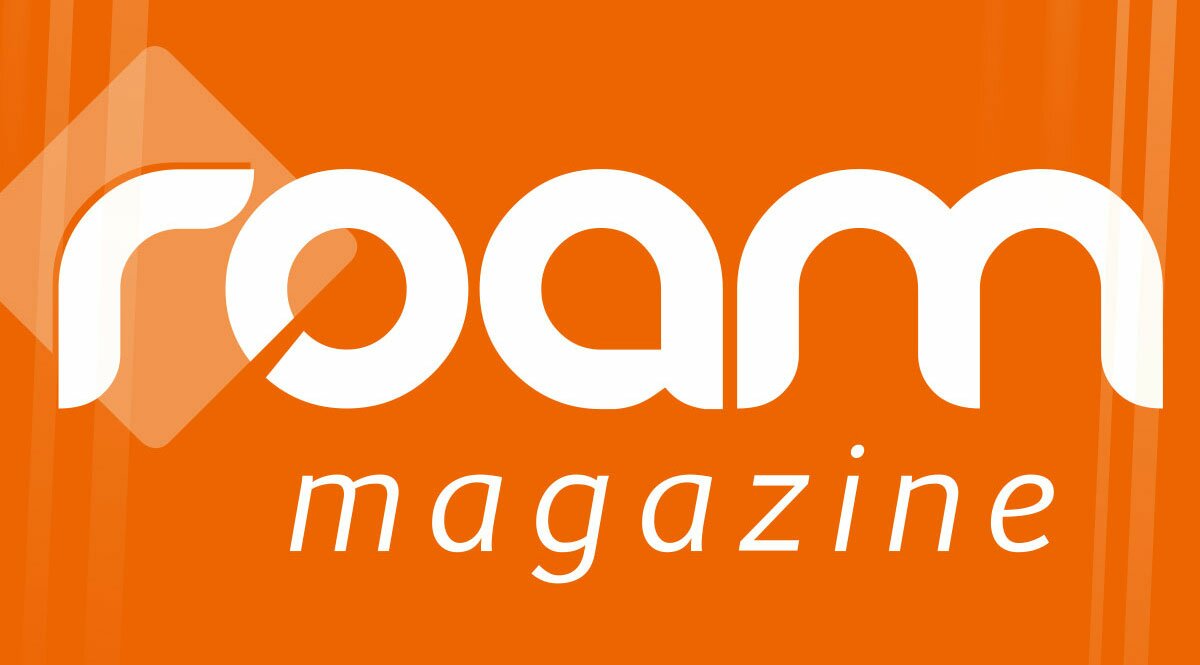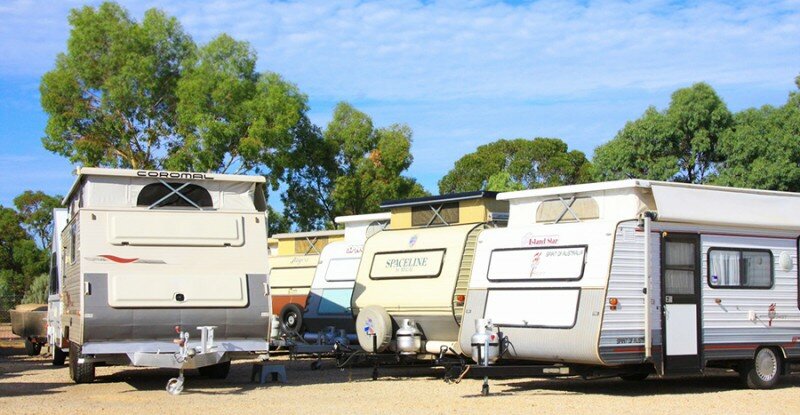Creating a budget for a trip around Australia is a tricky but essential task.
Before you consider hitting the road, it makes sense to create a budget to stick to. Spreadsheets are a great tool for budgeting. They can help you work out how much you have, how much you’ll need, and whether or not you’re being too ambitious in your plan.
Here are some of the essential expenses to include:
1. Fuel
The further you head from the coast and capital cities the more expensive fuel can become. Websites such as petrolspy.com.au can help you work out average petrol prices across the country, making it easier to budget. Create a route map and work out the distance between each stop vs. the fuel economy of your vehicle until tow, and consider filling up your emergency jerry cans where prices are cheaper.
2. Food and drink
Budgeting for food is hard. Though it can be tempting to eat out every night, that’s not a very affordable practice. A good place to start is a weekly meal plan in which you allocate a budget for each meal. Buying in season can help keep down costs, as will stocking up on staples such as rice, pasta and non-perishables when on sale. Treat yourself to a meal out every now and then to keep things interesting.
3. Accommodation
Are you planning to use free, unpowered, or powered sites? If you know your route and trip length, budgeting for accommodation is relatively easy. If you don’t have a fixed route, compare park fees to work out an average cost and add 10 per cent just in case. Free camping along the way can help reduce your expenses. Book accommodation in advance to avoid finding there’s no room at the inn.
4. Vehicle expenses
Nobody knows when their vehicle is going to break down. Rather than get left in the lurch, you should invest in roadside assistance and comprehensive insurance. It’s also essential to set aside money for those unexpected mishaps. Ten per cent of your total budget is a good starting point. It’s better to have too much than not enough. Before setting off, give your vehicle and caravan a comprehensive service.
5. Spending money
So you’ve arrived in a town, now what? You’re going to need some spending money. From national park fees to wine tasting, having a little extra in your pocket will help with unexpected purchases and allow you to get the most out of your trip. The point of travelling is to experience something new, so there’s no point heading off into the sunset if you don’t allow yourself to truly appreciate it.
Travelling every day is a quick way to eat up your budget, so consider basing yourself in one location for a few days or weeks. It’s worth remembering that you can’t see everything on one trip. Decide which sights will be similar and skip them.
Link: Want to save money on the road? Read our ‘Bagging a Bargain’ feature in Issue 15.






